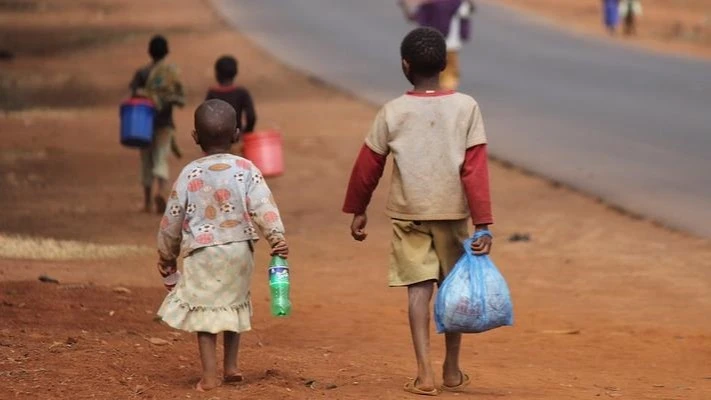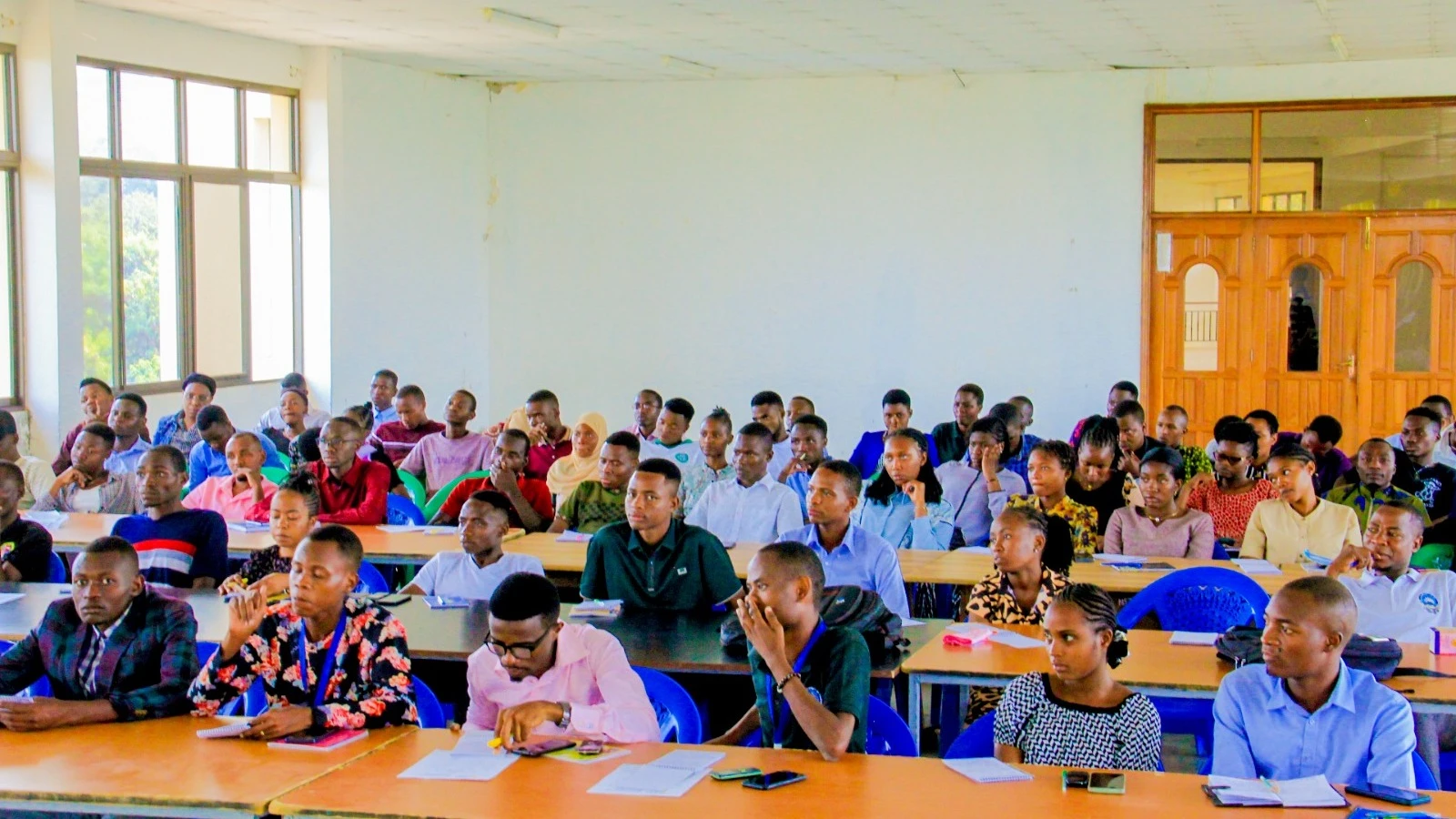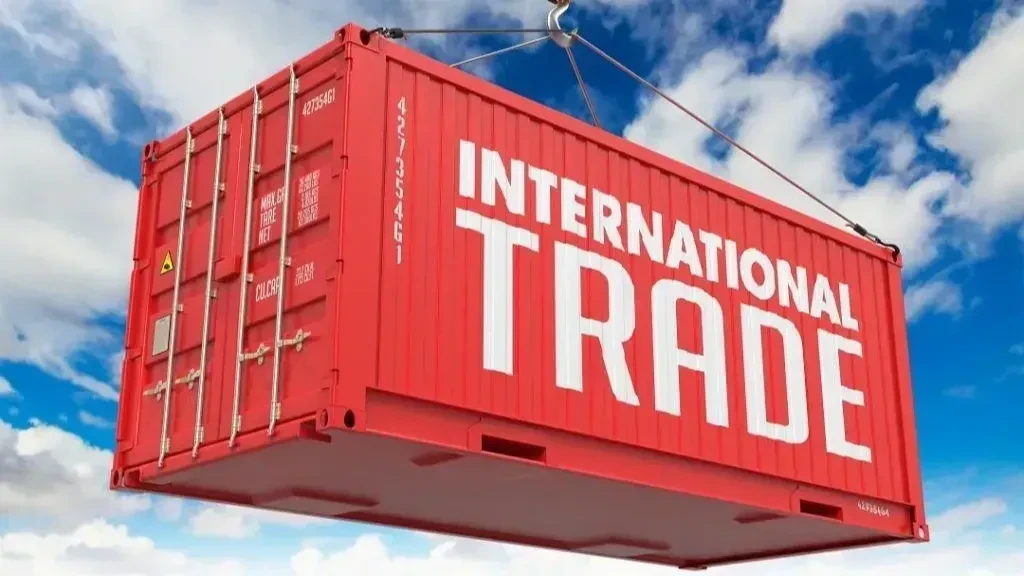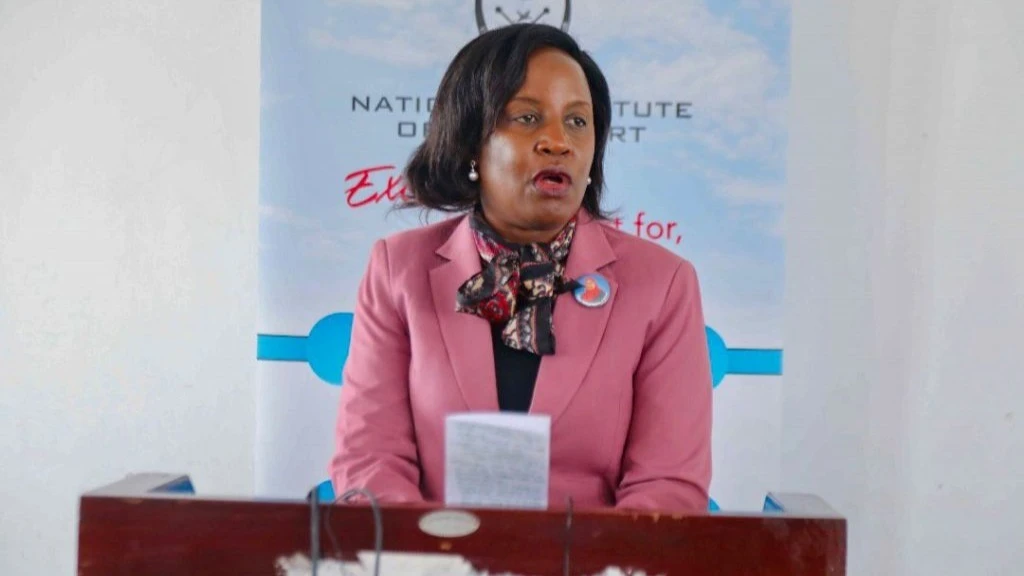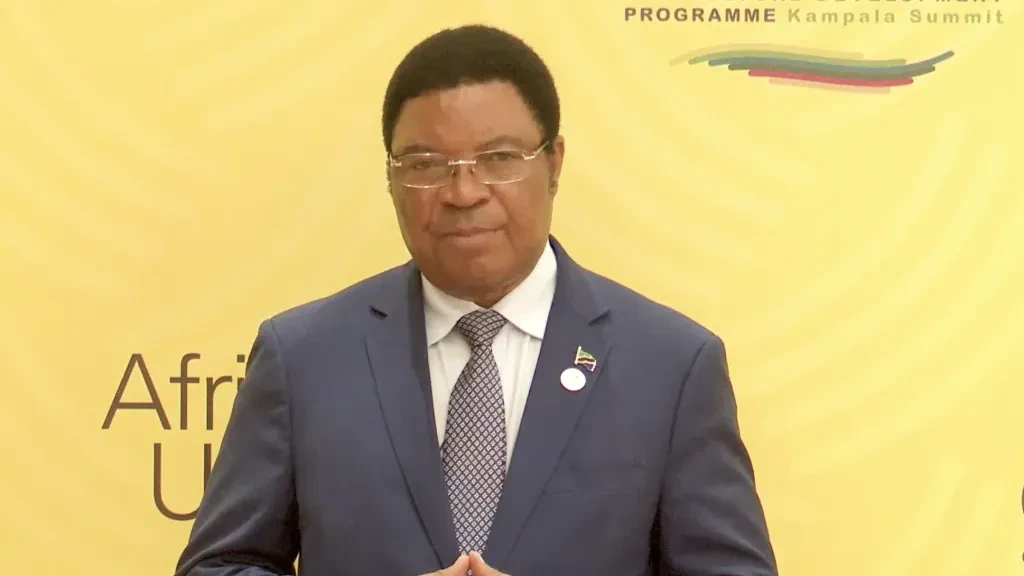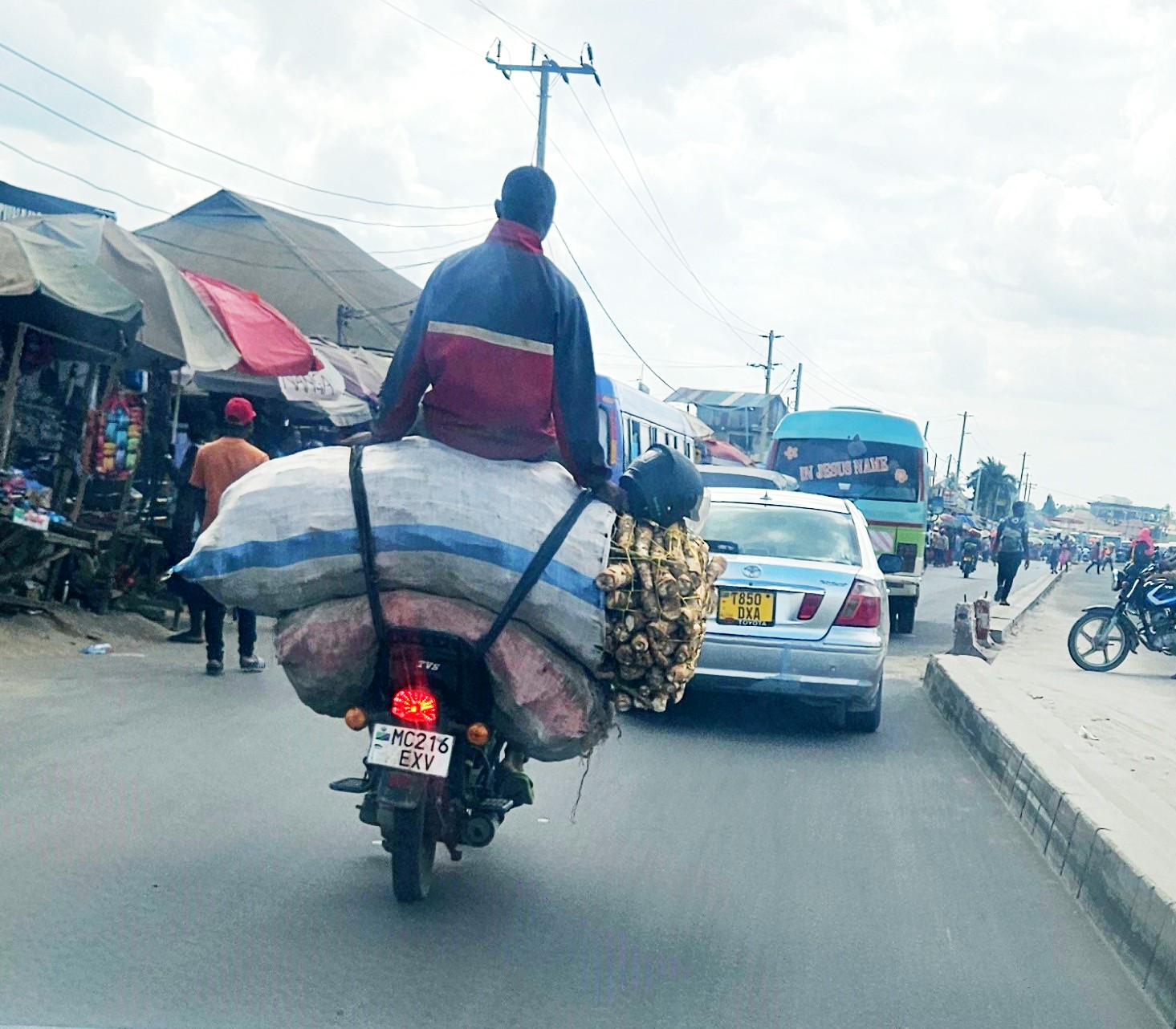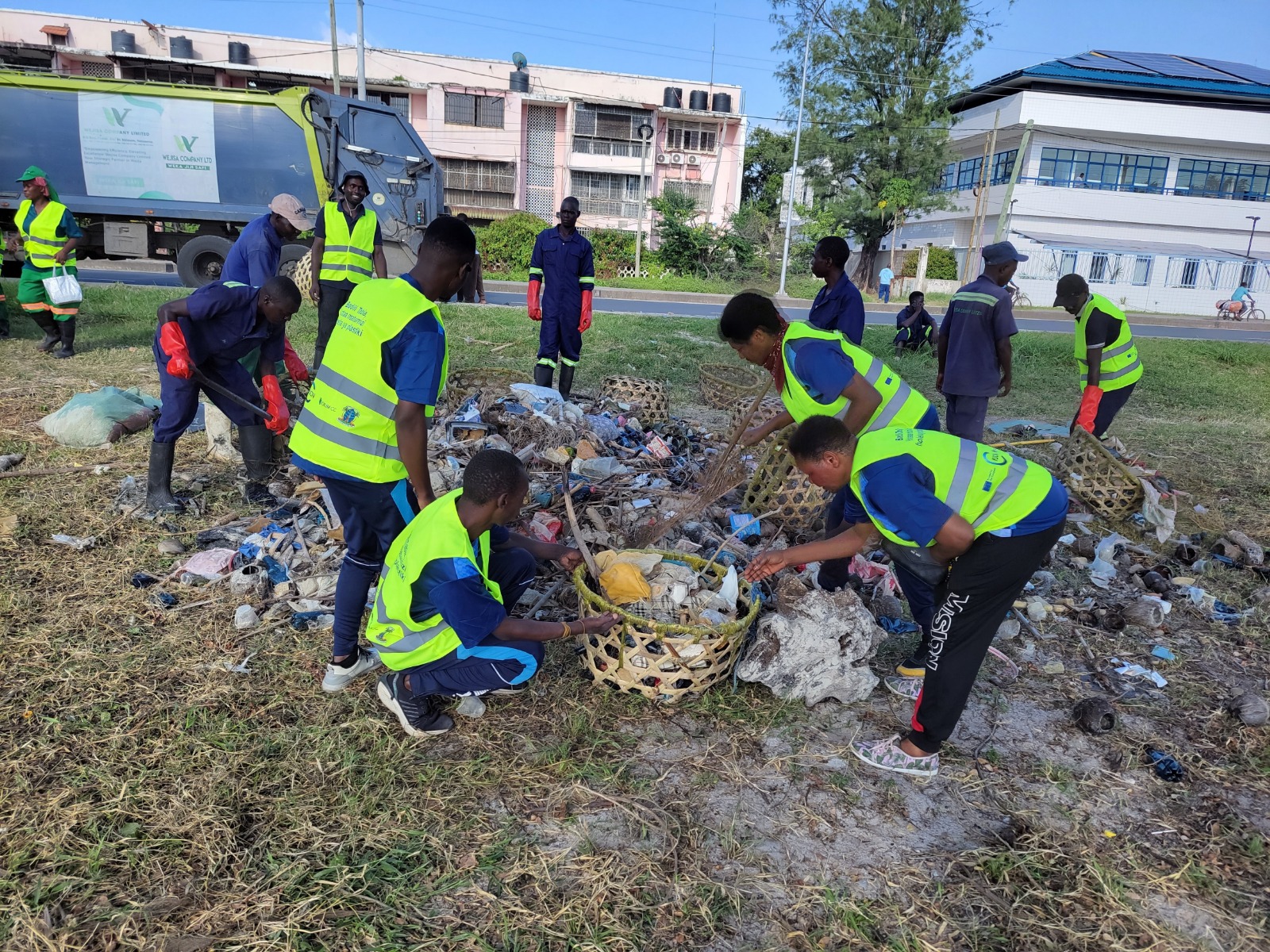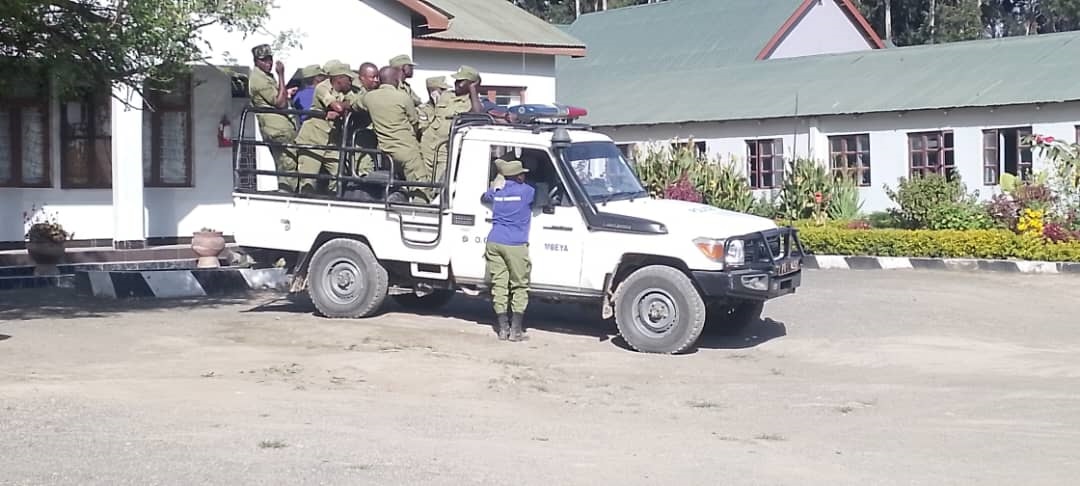BoT launches financial literacy campaign in Iringa Region to curb predatory lending

THE Bank of Tanzania (BoT) has launched a wide-reaching financial literacy campaign in Iringa Region to tackle the growing crisis of exploitative informal lending practices—commonly known as “Mikopo umiza or Kimangala” that have increasingly jeopardised households economic stability.
The campaign follows the release of an investigative report conducted between April and May 2025, which found that many Iringa residents had fallen prey to unregulated lenders. The report highlighted serious risks, including asset loss, harassment, and deepening debt resulting from exorbitant interest rates and unclear loan terms.
Ramadhani Myonga, senior legal officer at the Bank of Tanzania and head of customer complaints resolution, said the initiative aims to raise public awareness of safe borrowing practices and encourage engagement with BoT-licensed financial institutions.
“Too many people borrow without understanding the risks or their rights,” Myonga said. “This campaign will help borrowers make informed decisions and encourage unlicensed lenders to formalise their operations.”
He emphasized that secure loans are those offered by licensed financial institutions under transparent, legally binding contracts. Myonga urged the public to read loan agreements carefully, ask questions before signing, and avoid borrowing for non-productive uses like parties or luxury spending.
Myonga also reminded the public that borrowers have the right to clear and detailed information about their loans. However, he stressed the importance of timely repayment, record-keeping, and dealing only with licensed providers.
“Loans are not gifts. Keep proper documentation, store contracts safely, and borrow responsibly,” he said.
He added that every licensed financial institution is legally mandated to have a customer complaints desk. Disputes must be resolved within 14 days, extendable by 7 days, after which unresolved matters can be escalated to the BoT for further action.
One of the campaign’s participants, Pastor Ombeni Sawike, expressed gratitude for the BoT’s intervention, saying the training had changed her perception of financial services.
“I didn’t know lenders needed licences or that borrowers had rights,” she said. “Now I can educate others about the dangers of informal loans and promote borrowing from reputable sources.”
She urged fellow citizens to borrow only for productive purposes and under terms they fully understand.
Sawike praised the BoT for spearheading what she called a “critical national initiative” to protect Tanzanians from the economic and emotional harm caused by predatory lending—often linked to family disputes, poverty, and long-term financial insecurity.
The BoT reaffirmed its commitment to rolling out similar campaigns in other regions as part of a broader strategy to enhance financial literacy, improve economic resilience, and safeguard citizens from exploitative financial practices.
“As more people understand their rights and responsibilities, we expect to see a decline in the use of harmful informal lending,” Myonga said. “This is key to building a financially inclusive and stable economy.”
Top Headlines
© 2025 IPPMEDIA.COM. ALL RIGHTS RESERVED









